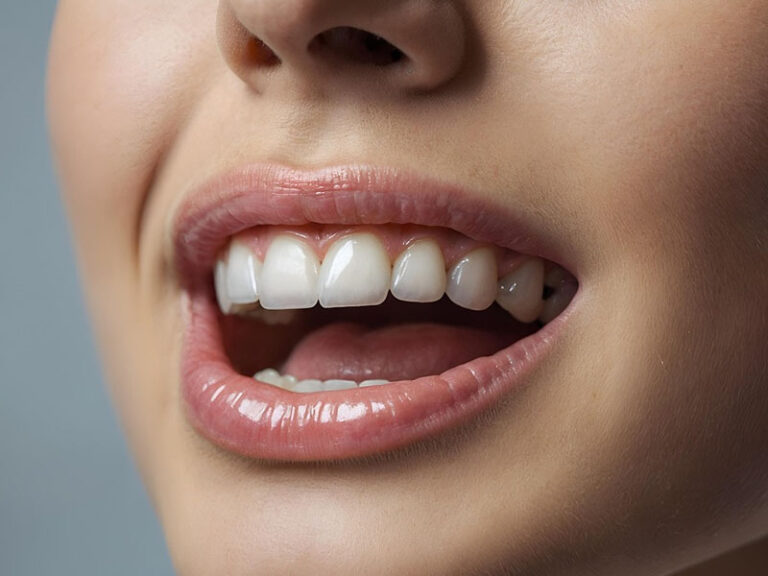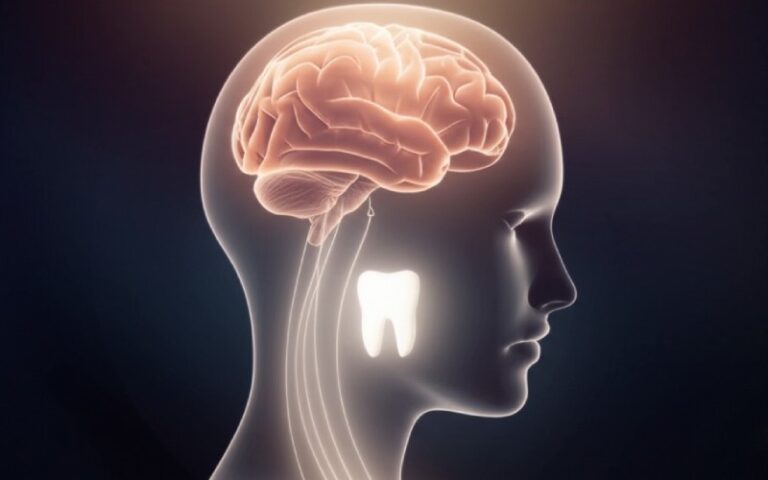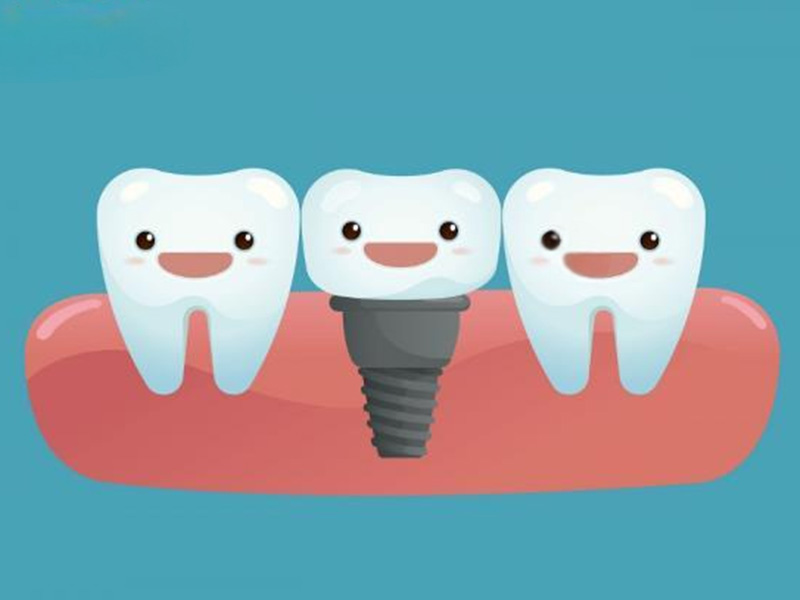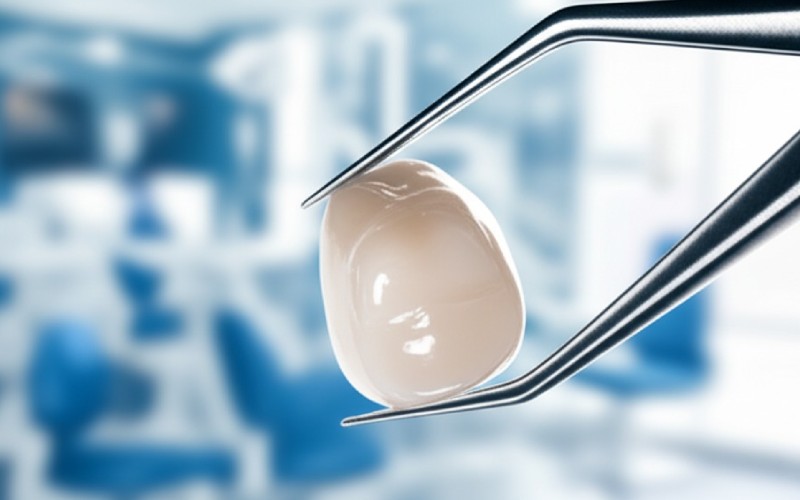
Un guide personnel sur les frais dentaires pour les couronnes
In this article, I’ll walk you through the world of dental fees for crowns. We’ll talk about costs, types of crowns, and how dental insurance can help. My goal is to make you feel more prepared and less worried.
Table des matières
What Exactly Is a Dental Crown and Why Would I Need a Crown?
A dental crown is like a small, tooth-shaped cap. Your dentist places it over a damaged tooth. It covers the entire tooth, right down to the gum line. A dental crown acts like a helmet for your tooth. It’s meant to restore the tooth’s shape, size, strength, and appearance. You might need a dental crown for a few reasons.
You might also need a crown if you have a weak tooth that needs protection from decay. Or maybe you have a broken or worn-down tooth. After a root canal, a tooth often needs a dental crown to protect it because the tooth is no longer alive and can become brittle. Sometimes, a dental crown is used for cosmetic reasons. It can cover a discolored or poorly shaped tooth to improve your smile. A dentist will recommend a dental crown to fix these problems and protect your oral health. A dental crown helps you keep your natural tooth.
How Much Do Dental Crowns Cost on Average?
Let’s get to the big question: how much does a dental crown cost? The honest answer is that it varies a lot. The average cost of a dental crown can range from $500 to over $3,000 per tooth. I know that’s a huge range. The price you expect to pay depends on a few key things. The material used for the dental crown is the biggest factor. Where you live and the experience of your dentist also play a role. A dentist in a big city will likely have higher costs than one in a small town.
The average cost without insurance is pretty high. The dental crown cost can be a real shock if you are not prepared. A basic metal crown might be on the lower end, while all-porcelain crowns are often more expensive. This guide to dental crown costs is meant to give you a starting point. It’s always best to ask your dentist for a specific price for your tooth. The final dental crown cost also depends on whether you have dental insurance to help cover the cost.
What Are the Different Types of Dental Crowns?
There are many different types of crowns. A good dentist will explain your options. The main difference between them is the material used to make the dental crown. The most common type of dental crown is made of porcelain or ceramic. These are popular because they can be made to match the color of your natural teeth. This makes them great for front teeth. Porcelain fused to metal crowns are another option. They have a metal base for strength and a porcelain outer shell for looks.
Other types include gold crowns and metal crowns made from other alloys. Gold alloy crowns are very strong and durable. They are a good choice for back teeth that do a lot of chewing. They don’t chip or break easily. Then there are zirconia crowns, which are very strong and look good. The type of dental crown you choose will affect the final dental fees. Each type of dental has its own pros and cons, which your dentist can discuss with you. The strength and durability are important for any tooth.
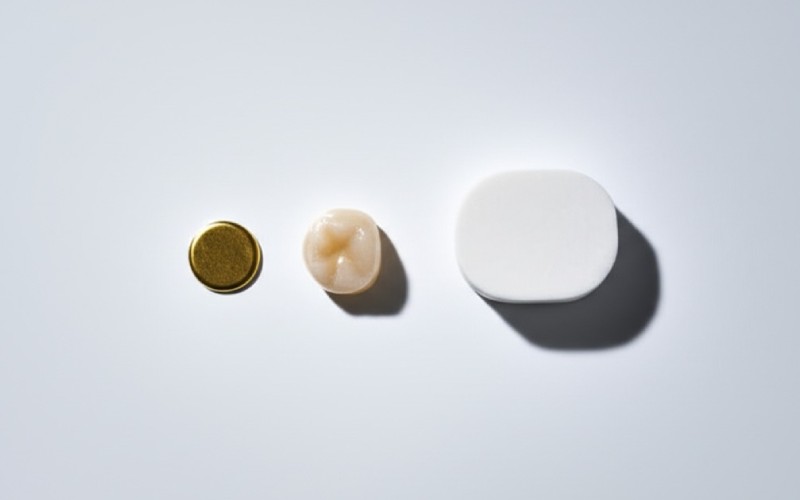
Which Type of Crown Is Best for My Tooth?
Choosing the right type of crown for your tooth can feel like a big decision. The best choice depends on which tooth needs the dental crown. It also depends on your budget and what you want it to look like. For front teeth, most people want a crown that looks natural. All-porcelain crowns or ceramic crowns are often the best choice here. They are made of porcelain and blend in perfectly with your other teeth, which can improve the appearance of your smile.
For back teeth, strength is more important. These teeth do all the heavy lifting when you chew. Gold crowns are an excellent choice for back teeth because they are very tough. They can last for a very long time. Couronnes en zircone are a good mix of strength and looks, so they can be used for either front or back teeth. Your dentist will look at your tooth, consider the health of your gum tissue, and help you decide. They will explain which crown may work best for your single tooth.
What Is the Dental Crown Procedure Like?
Getting a dental crown usually takes two visits to the dentist. The dental crown procedure is not as scary as it sounds. During the first visit, the dentist will prepare your tooth. This means they will conduct a dental exam and then file down the tooth to make space for the dental crown. Don’t worry, your tooth will be numb, so you won’t feel any pain. After they prepare your tooth, the dentist will make an impression of your tooth and the teeth around it.
This impression is sent to a laboratoire dentaire where your permanent crown is made. This can take a couple of weeks. In the meantime, the dentist will place a temporary crown on your tooth to protect it. At your second visit, your dentist will remove the temporary crown and check the fit and color of your new, permanent crown. If everything looks good, they will cement the new dental crown into place. Now you have a strong new tooth! The whole process is part of good dental care.
Will My Dental Insurance Help with the Cost of a Dental Crown?
The good news is that most dental insurance plans do help cover the cost of a dental crown. However, it’s not always 100%. Most insurance companies will cover a part of the cost if the procedure is medically necessary. This means you need the dental crown to fix a broken tooth or a tooth with a lot of decay. If you are getting a dental crown for purely cosmetic reasons, your insurance may not cover it.
Insurance plans cover different amounts. Many dental insurance plans cover about 50% of the cost of restorative dental procedures like crowns. You will have to pay the rest out-of-pocket. It’s very important to check with your insurance provider before you start. Ask them what your dental benefits are for this type of dental work. Also, see if your dentist is in-network or out-of-network. Seeing an out-of-network dentist can lead to higher out-of-pocket costs.
How Can I Save Money on the Cost of Dental Crowns?
Even with dental insurance, crown costs can be high. So, how can you save money? One way is to talk to your dentist. Many dental offices offer payment plans. This lets you pay for your dental crown over several months instead of all at once. This can make the cost much easier to handle. Don’t be afraid to ask about your options for dental financing.
Another great option is to visit a dental school. Dental schools offer dental treatments at a lower price. The work is done by students, but they are supervised by experienced dentists. This can be a safe way to get top-notch dental care for less. You can also ask your dentist about the material used. Sometimes, choosing a different type of crown, like a metal crown instead of a porcelain one for a back tooth, can lower the price. Comparing dental costs between different dental offices can also help you find a better deal.
What Are the Risks If I Don’t Get a Needed Dental Crown?
If a dentist says you need a crown, it’s usually because your tooth is in danger. A cracked or weak tooth can break completely if it’s not protected by a dental crown. If that happens, you might lose the tooth entirely.
Leaving a tooth with serious decay untreated is also a bad idea. The tooth decay can spread deeper into the tooth, reaching the nerve. This can lead to a very painful infection and the need for a root canal or gum surgery. In the end, waiting can lead to more pain and much higher costs. Getting the dental crown when you need it saves your tooth and prevents bigger problems down the road. It’s an important part of your long-term oral health.
How Should I Care for My New Dental Crown to Improve My Smile?
Once you have your new dental crown, you want it to last as long as possible. Good dental care is key. The great thing is that you don’t need to do anything special. Just treat your crowned tooth like your other teeth. You should brush your teeth twice a day and floss daily. Pay special attention to the area where the crown meets your gum. This helps prevent decay from forming around the edge of the dental crown.
While a dental crown is strong, it’s not indestructible. A crown made of porcelain can sometimes chip. Try to avoid chewing on very hard things like ice or hard candy with your crowned tooth. If you grind your teeth at night, your dentist might suggest a nightguard to protect your dental crown and your other teeth. With good care, a well-made dental crown can last for 15 years or even longer. Your new dental crown will help you feel confident and improve your smile.

What Other Costs Are Associated with Getting a Dental Crown?
When you get a price for a dental crown, it’s good to ask if there are other costs associated with the procedure. Sometimes, the price you are quoted is just for the crown itself. But there might be other dental fees involved in getting a crown. For example, before you get a dental crown, you might need a dental exam and X-rays. These are usually separate charges.
If the tooth has a lot of decay or is badly damaged, you might need other work done first. This could include a root canal to save the tooth, or a procedure to build up the tooth so it can support the dental crown. These dental procedures add to the total cost. It’s always a good idea to ask your dentist’s office for a full breakdown of the cost of the procedure. This will help you understand exactly what you are paying for and avoid any surprises.
Ce qu'il faut retenir
- A dental crown is a cap that protects a weak or damaged tooth.
- The average cost of a dental crown varies a lot, from $500 to over $3,000.
- The price depends on the material used, your dentist’s location, and your dental insurance.
- Different types of dental crowns include porcelain, ceramic, metal, and zirconia.
- Many dental insurance plans cover about 50% of the cost if the dental crown is medically necessary.
- You can save money by asking about payment plans or visiting a dental school.
- Taking care of your dental crown with good brushing and flossing will make it last for years.
- Always ask your dentist for a full list of costs to avoid surprises.

